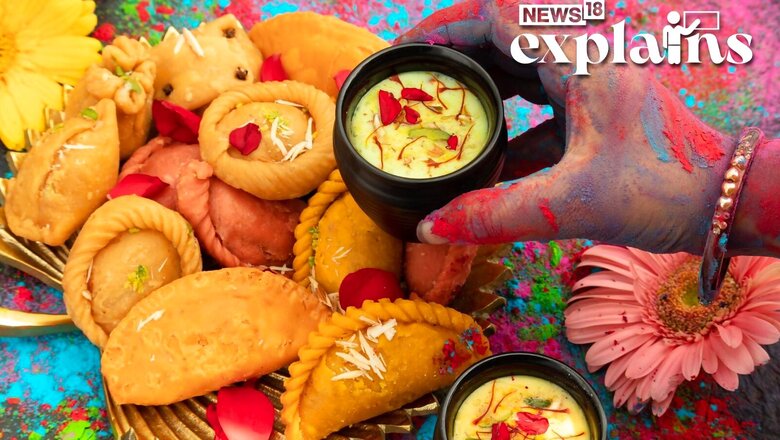
views
It’s Holi! The festival of colours brings with it its own range of delicacies and joy. But for some, it brings sweet intoxication too – with Bhang. Bhang is an intoxicant made from the female cannabis plant’s leaves.
Let’s take a look at the history, tradition and other curious facts around Bhang:
Bhang’s Association With Lord Shiva
As per a report by BBC, Bhang holds its cultural association with Hindu God Shiva, the deity of destruction, who was said to have used bhang to focus inward and harness his divine abilities for the good of the world.
Cannabis is listed as one of the five most sacred plants on Earth in the Atharva Veda, one of Hinduism’s four sacred books. It is also referred to as a “source of enjoyment” and a “liberator” in the book, the report explains.
Bhang is also used in other Hindu celebrations such as Shivrati.
The custom of drinking bhang on Holi is linked to another Hindu story involving Shiva, explains a report by Indian Express.
According to the myth, Shiva got into a deep meditation condition to overcome his grief when his wife Sati self-immolated. Parvati, who intended to bring him back to reality and marry him, appealed to the deity of love, Kamadeva, for help.
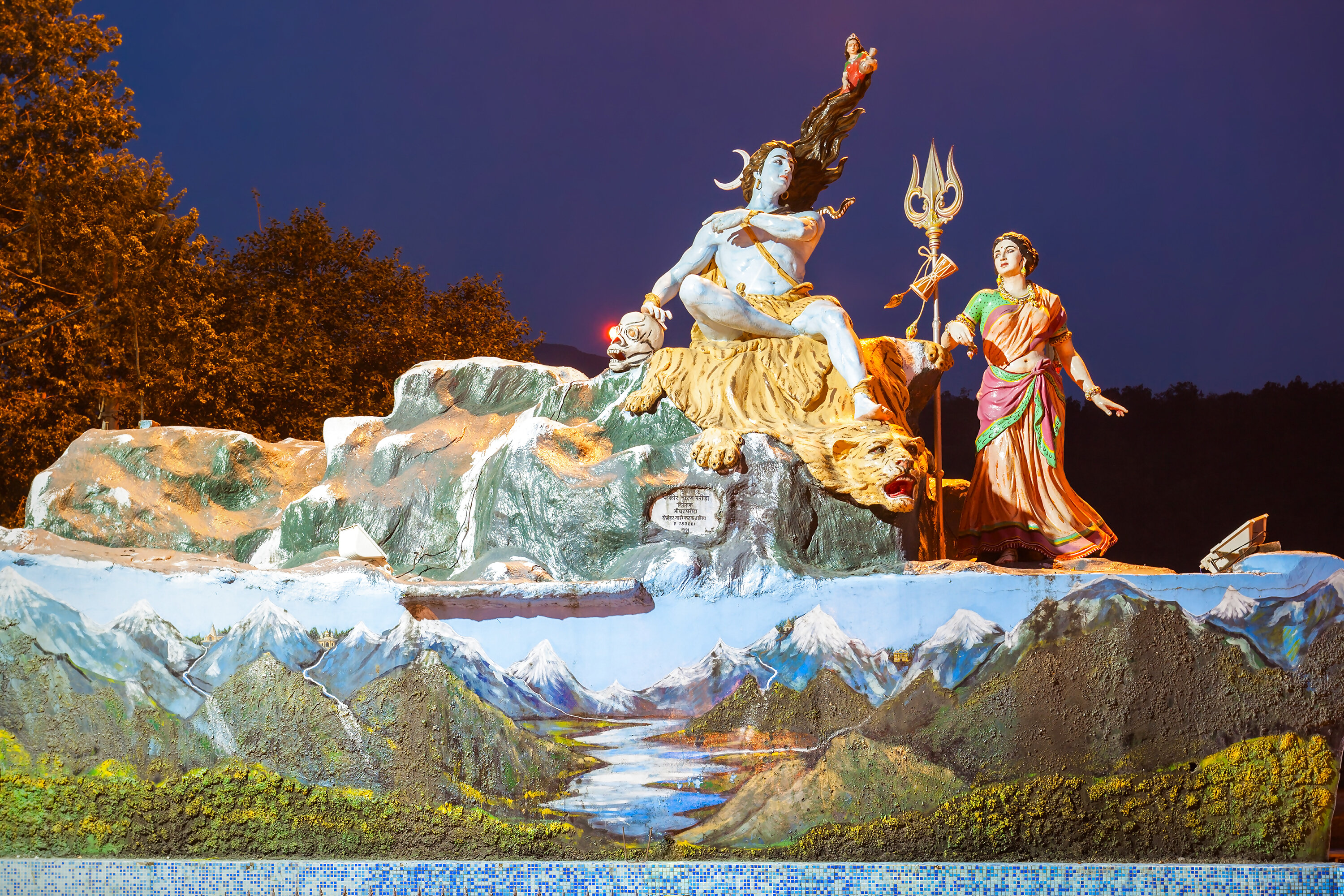
Despite knowing the severe implications of interrupting Shiva during his meditation, Kamadeva launched an arrow loaded with bhang at him on the day of Holi, breaking his trance.
Despite being incensed at the crime and reducing Kamadeva to ashes, Shiva ended up marrying Parvati. As a result, on Holi, worshippers consume bhang to commemorate Shiva’s return to the actual world, the report says.
Another story depicts a scheme by various gods and demons to churn the ocean in order to release the immortality nectar, the BBC report says. When Shiva intervened to drink the ‘halahala’ poison that also emerged during the churning, it turned his throat blue (giving him the nickname Neelkanth, or Blue-throated) and caused him much pain. Parvati provided him ground bhang to alleviate his discomfort.
How is Bhang Made and Consumed?
Although thandai is the most commonly used base, bhang is also used with lassi, a popular churned and sweetened yoghurt drink.
Bhang is a green-colored paste formed from the seeds and leaves of female cannabis plants, which have higher strength and Tetrahydrocannabinol (THC) concentration than male cannabis plants. The paste is traditionally moulded into smooth balls known as bhang goli after soaking and crushing the plant material together, the Indian Express report says.
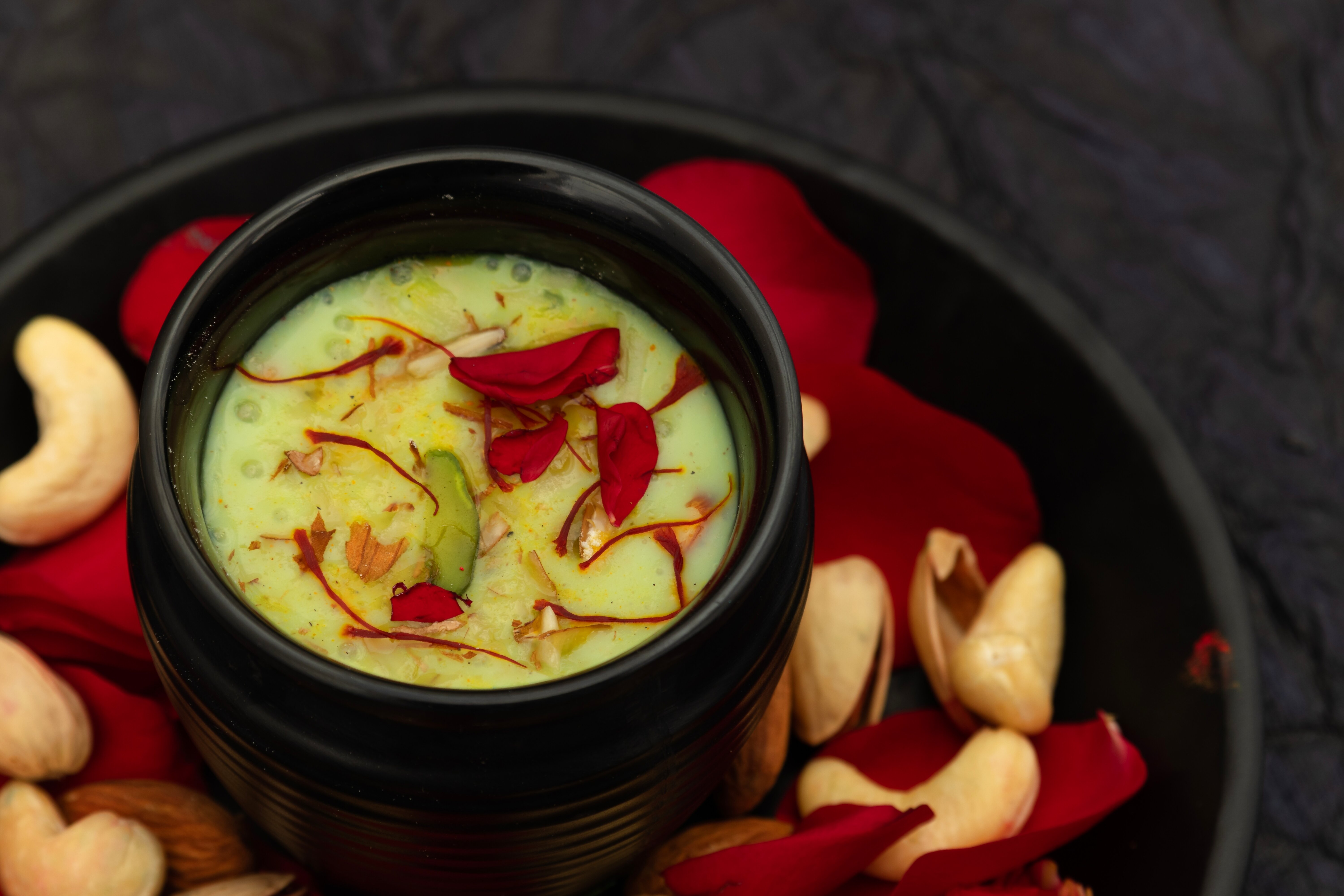
It’s also used in appetisers like pakoras, which are small, spicy fritters filled with vegetables like onion, potatoes, or cauliflower, as well as chutneys and pickles.
Is Bhang Legal in India?
Although the Narcotic Drugs and Psychotropic Substances Act of 1985 makes certain components of the cannabis plant illegal to produce, sell, or consume, the leaves constitute an exception, BBC says in its report.
Only some portions of a cannabis plant, such as resin and “flowering or fruiting tops” come under this ban. The Act exempts its leaves and seeds, which are used in the preparation of bhang, from prohibition.
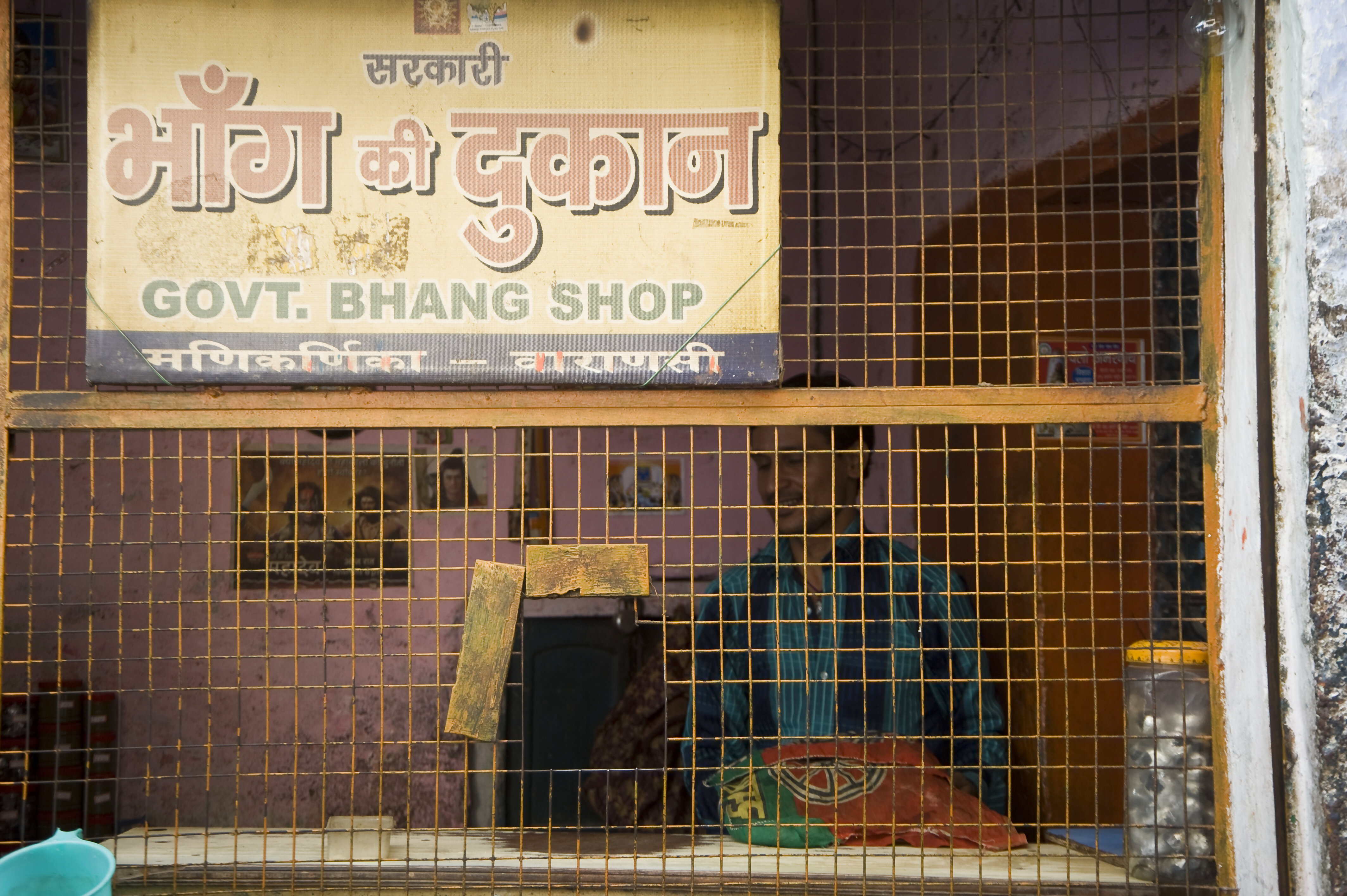
Importantly, while cannabis growing is illegal throughout the country, harvesting the leaves that grow naturally is allowed.
There are even government-approved bhang shops in locations like Jaisalmer and Pushkar, and over 200 of them, remain open all year in Varanasi, the report says.
According to a report in the Wall Street Journal, states over the years have also come up with their own legislation surrounding the selling and consumption of bhang. A few, such as Uttar Pradesh, even licence and tax bhang sales in the same way that they do alcohol. Even if certain states have banned the substance’s consumption and sale, authorities rarely crack down on its vendors and customers on the occasion of Holi.
When the British Commissioned a Study on Bhang
When the British established its rule in the mid-1800s, they were taken aback by the country’s widespread usage of bhang; in the late 19th century, they commissioned a study of the drug’s effects and cultural importance, BBC says in its report.
“To forbid or even seriously restrict the use of so holy and gracious an herb as the hemp would cause widespread suffering and annoyance. It would rob people of solace in discomfort, of a cure in sickness, of a guardian whose gracious protection saves them from attacks of evil influences,” the study said.
Read all the Latest Explainers here
















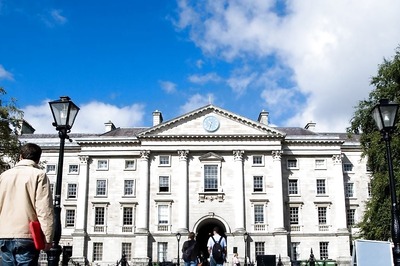


Comments
0 comment